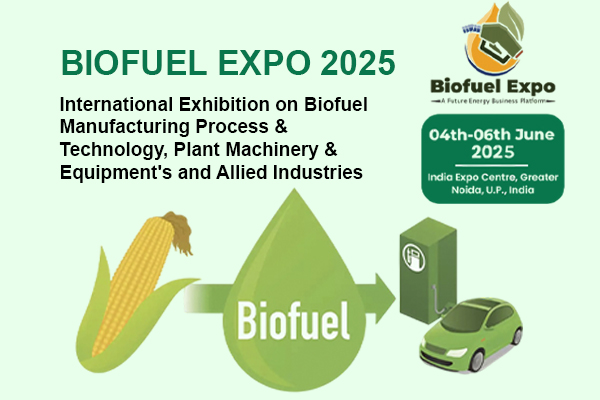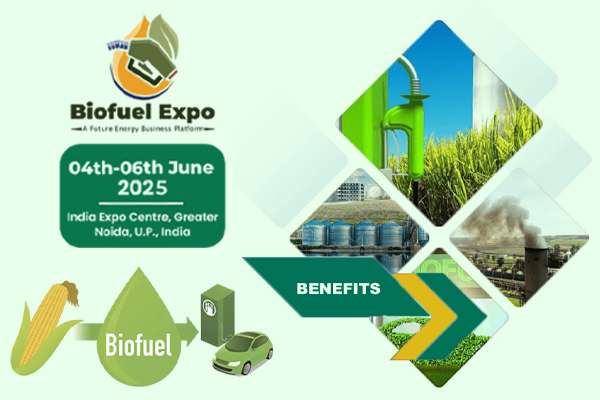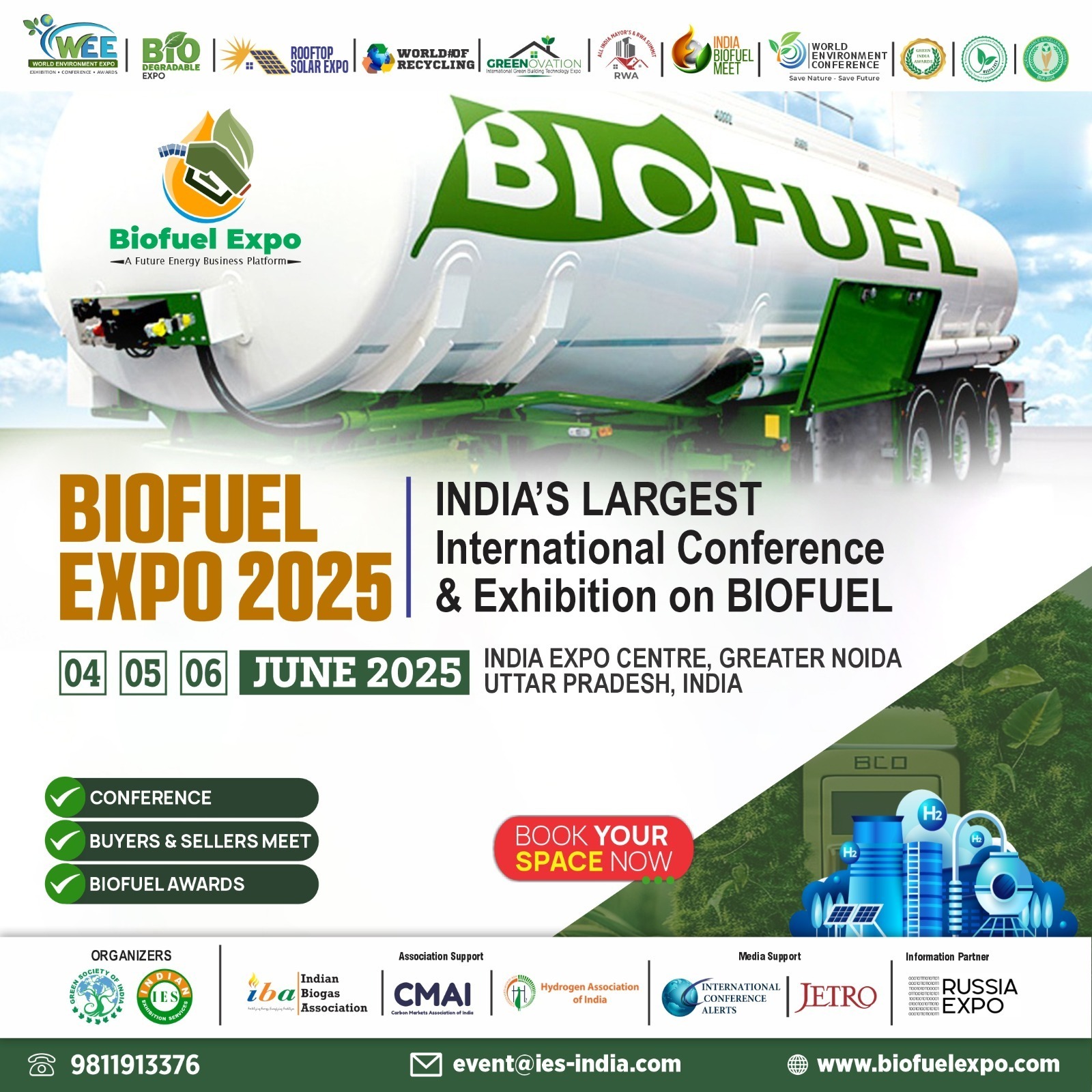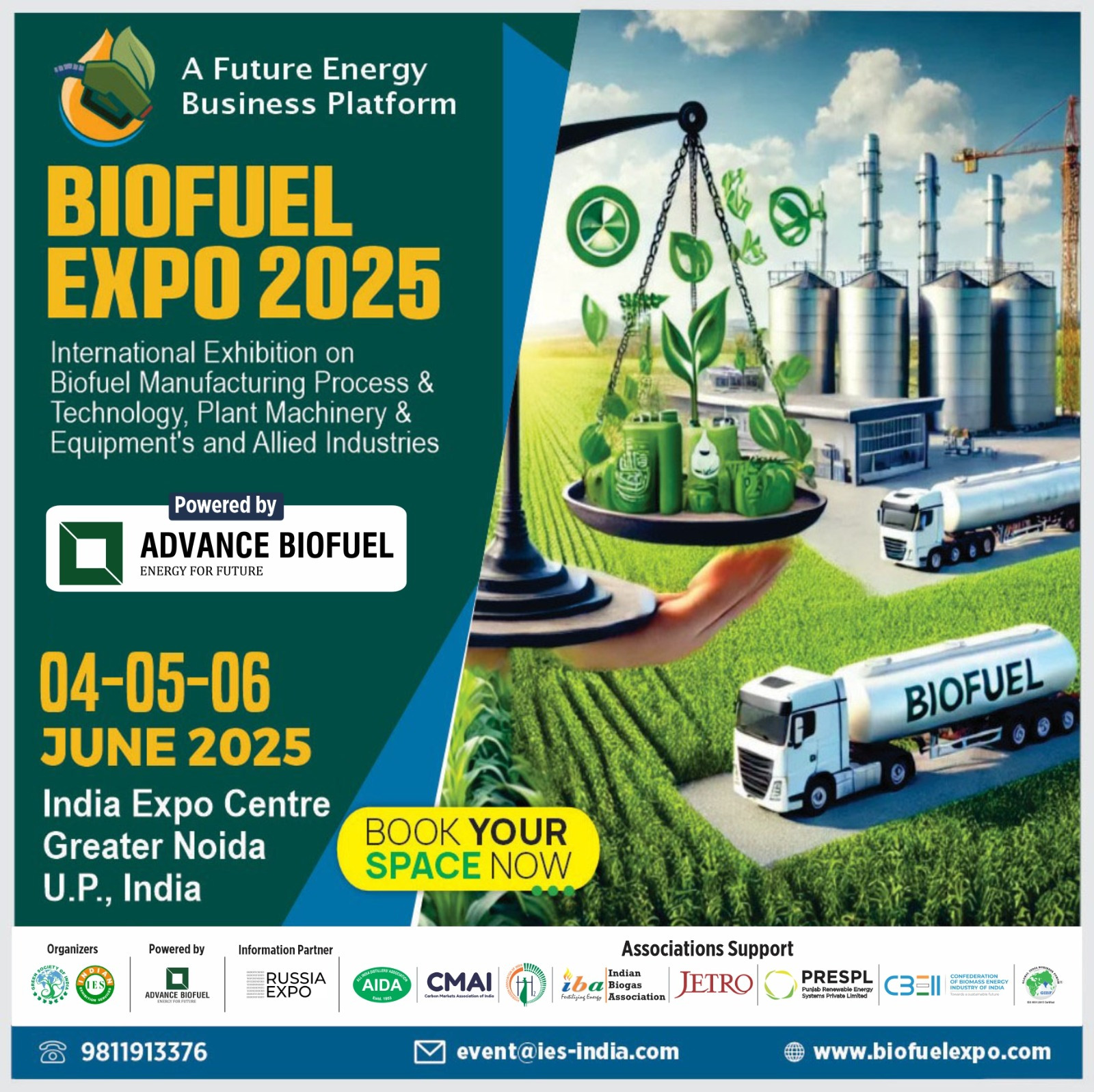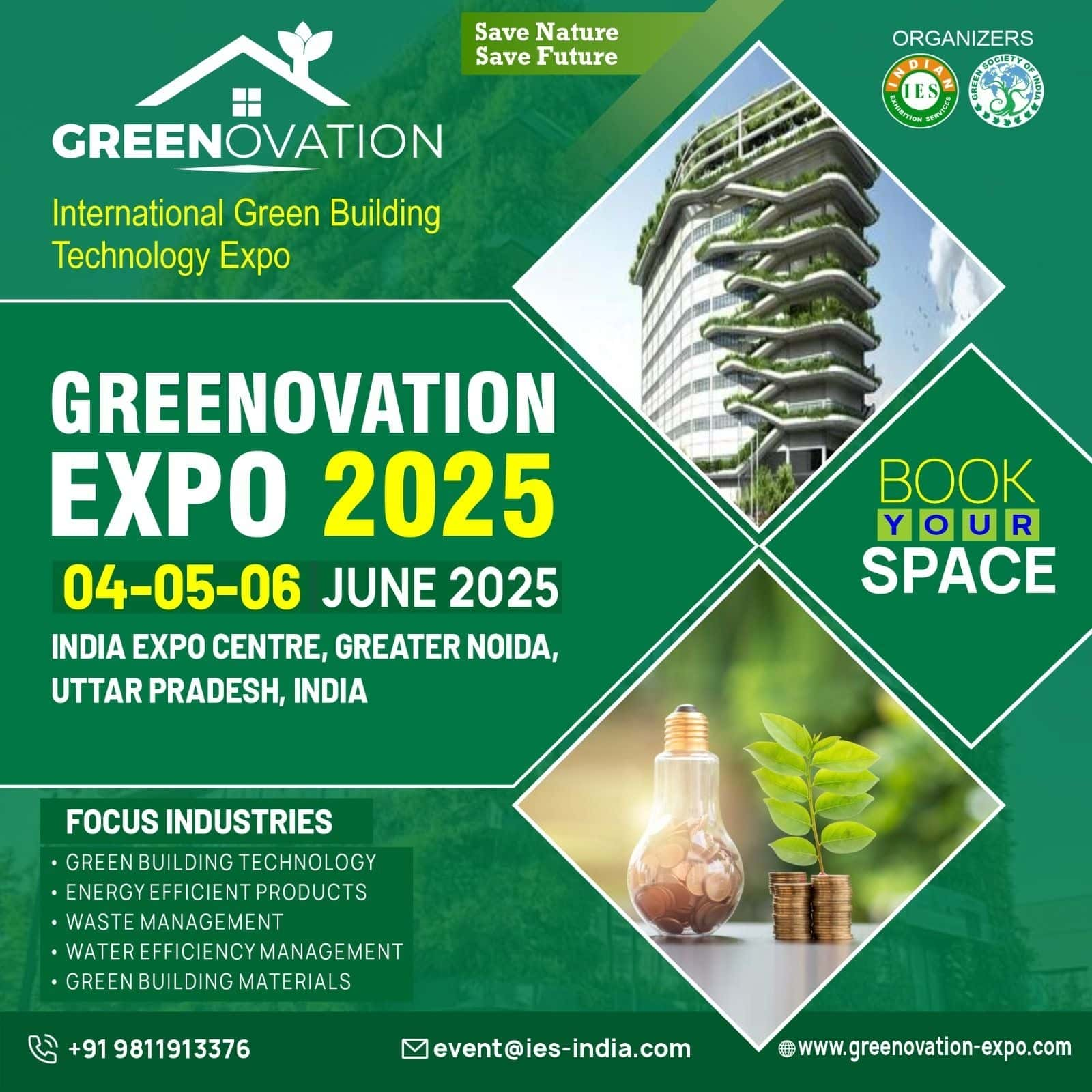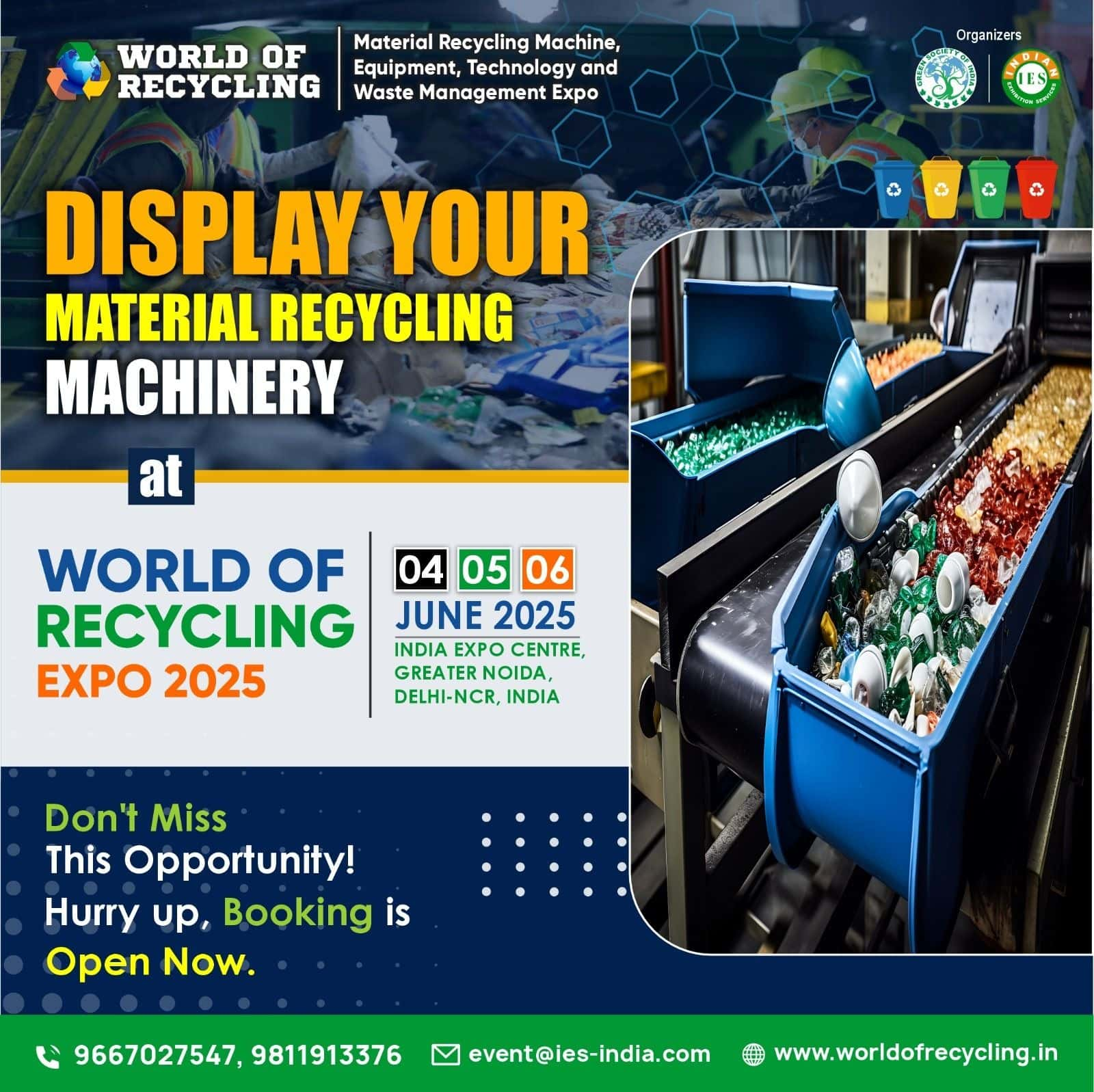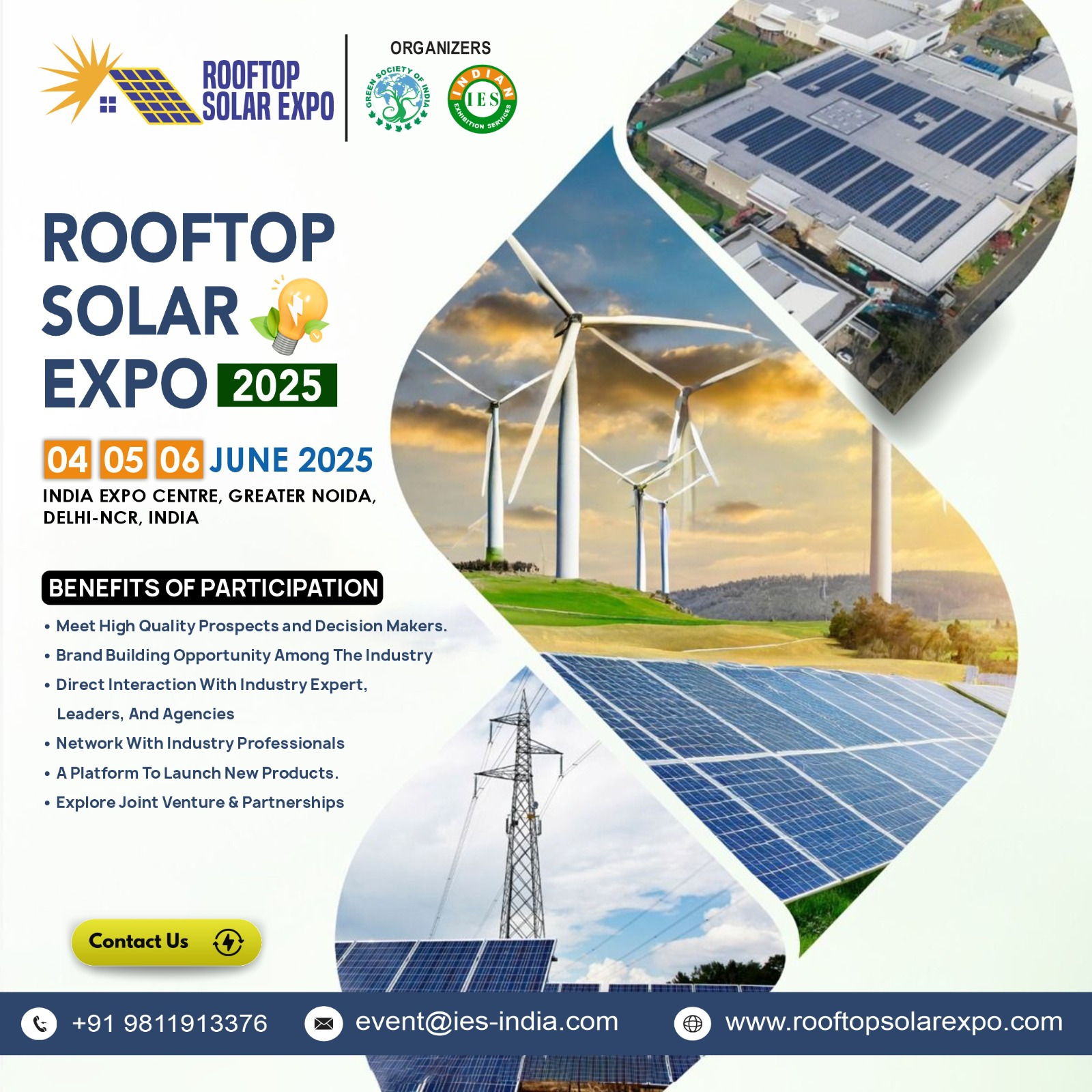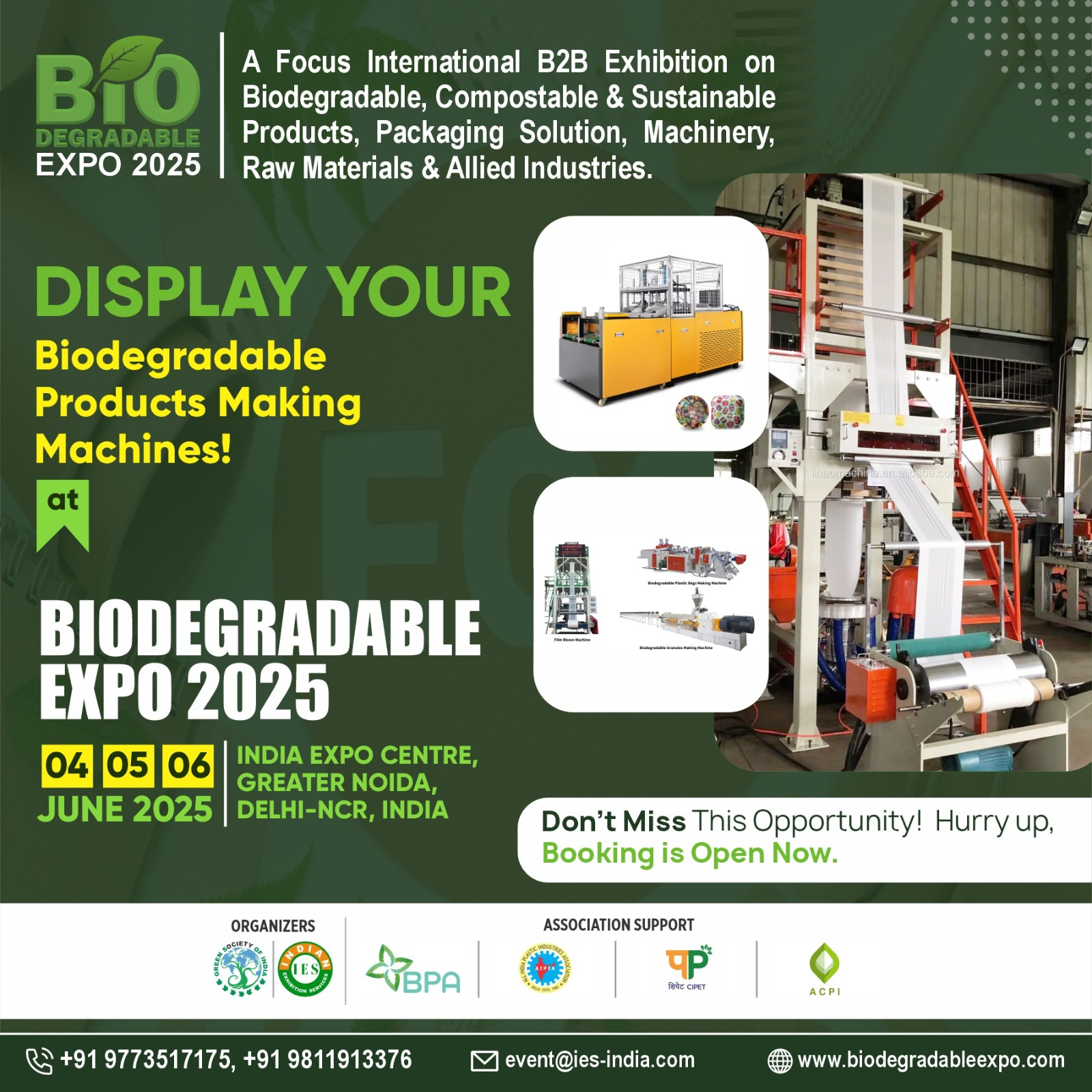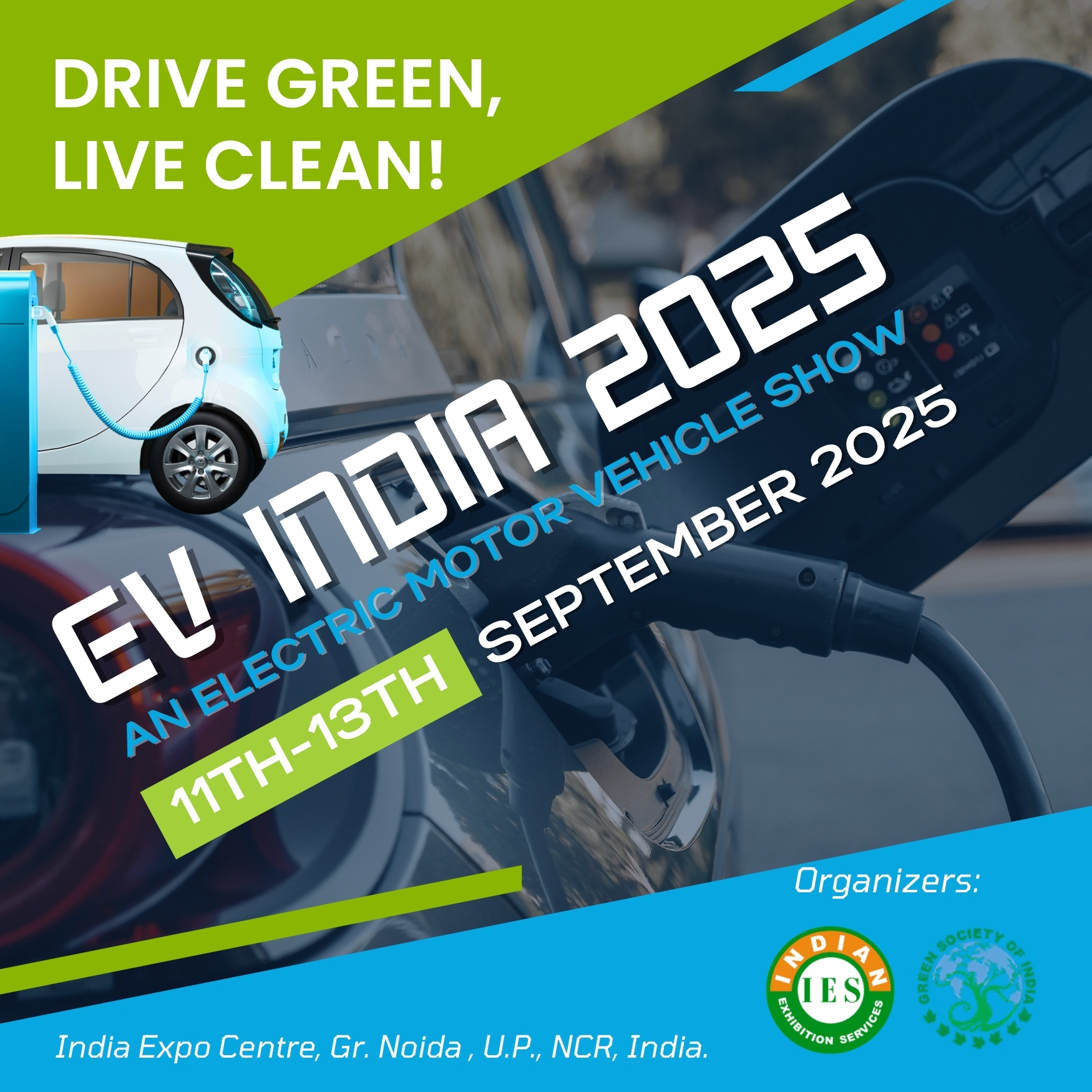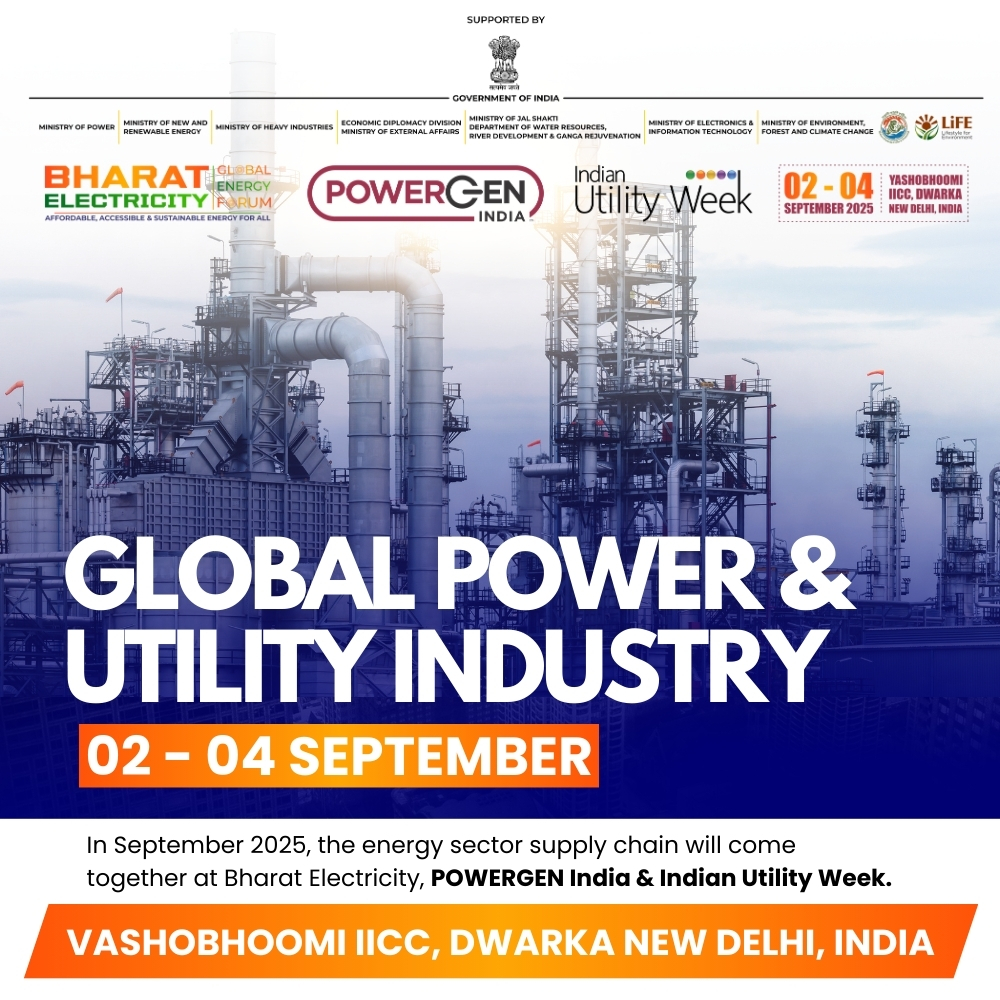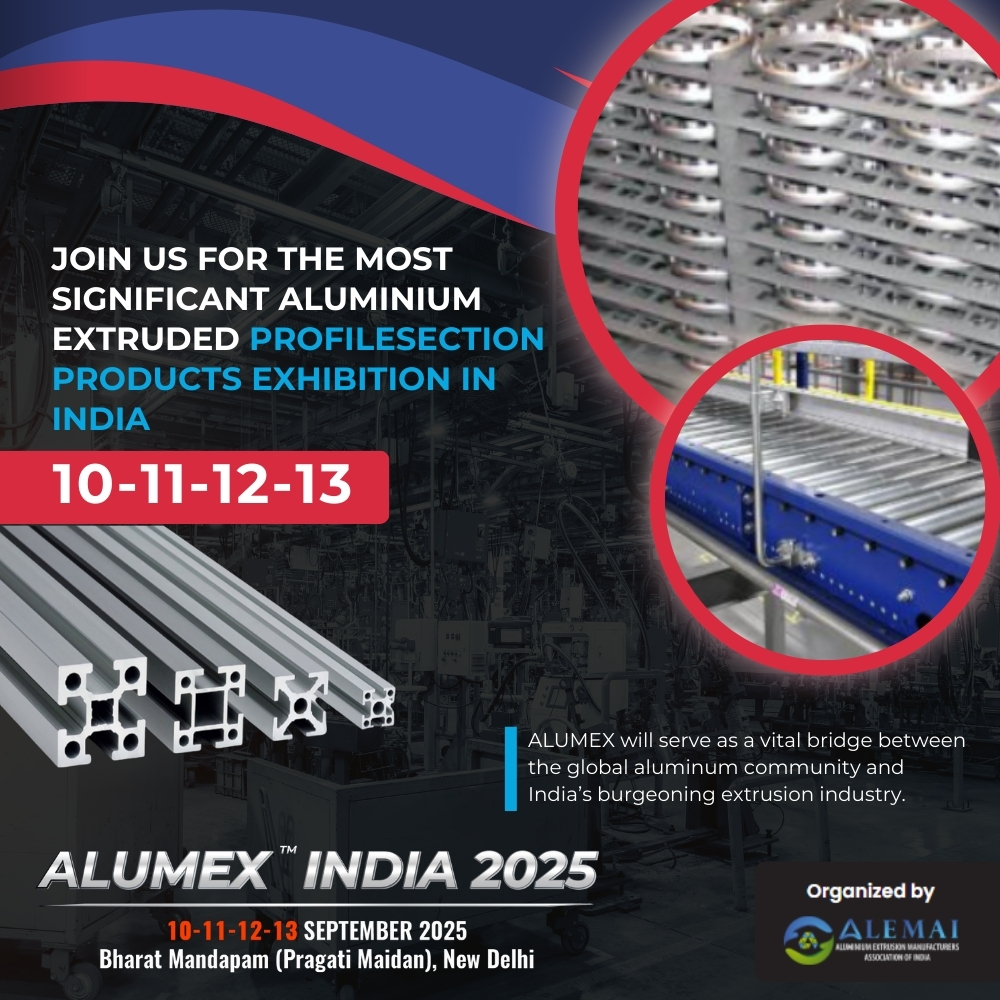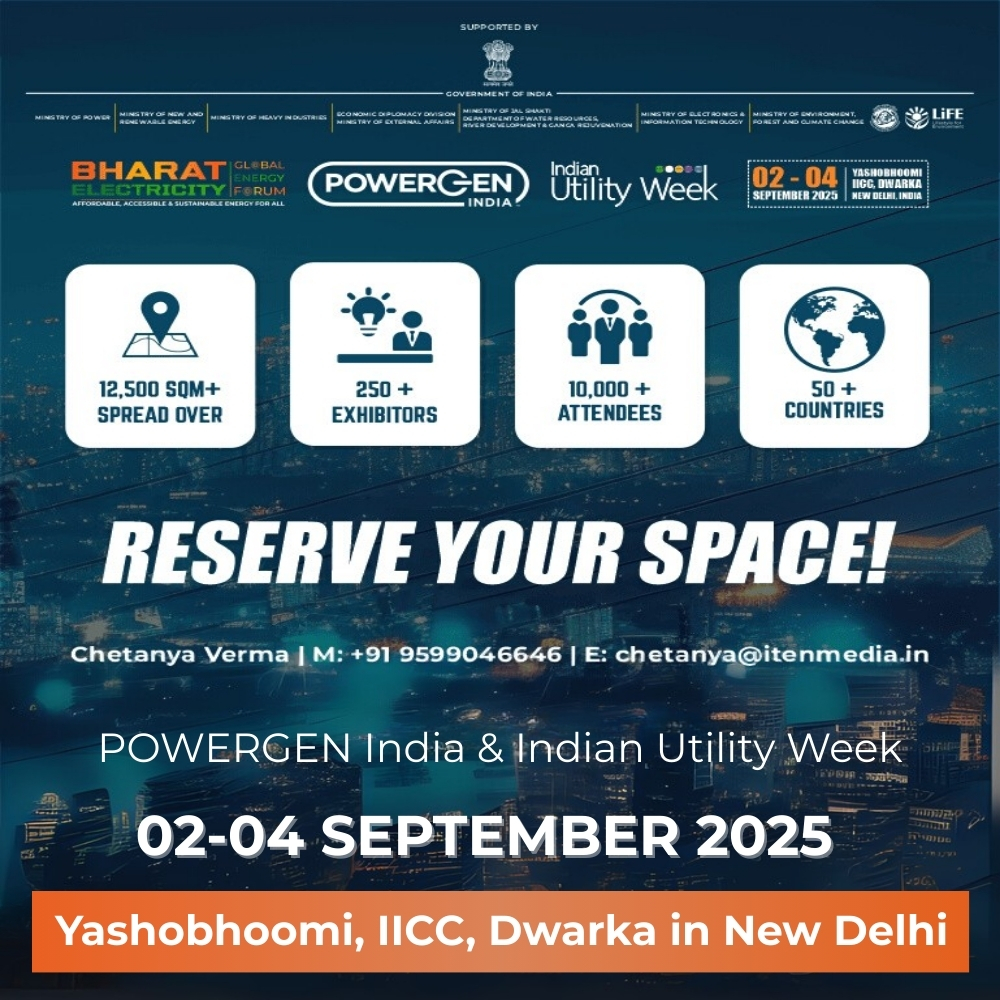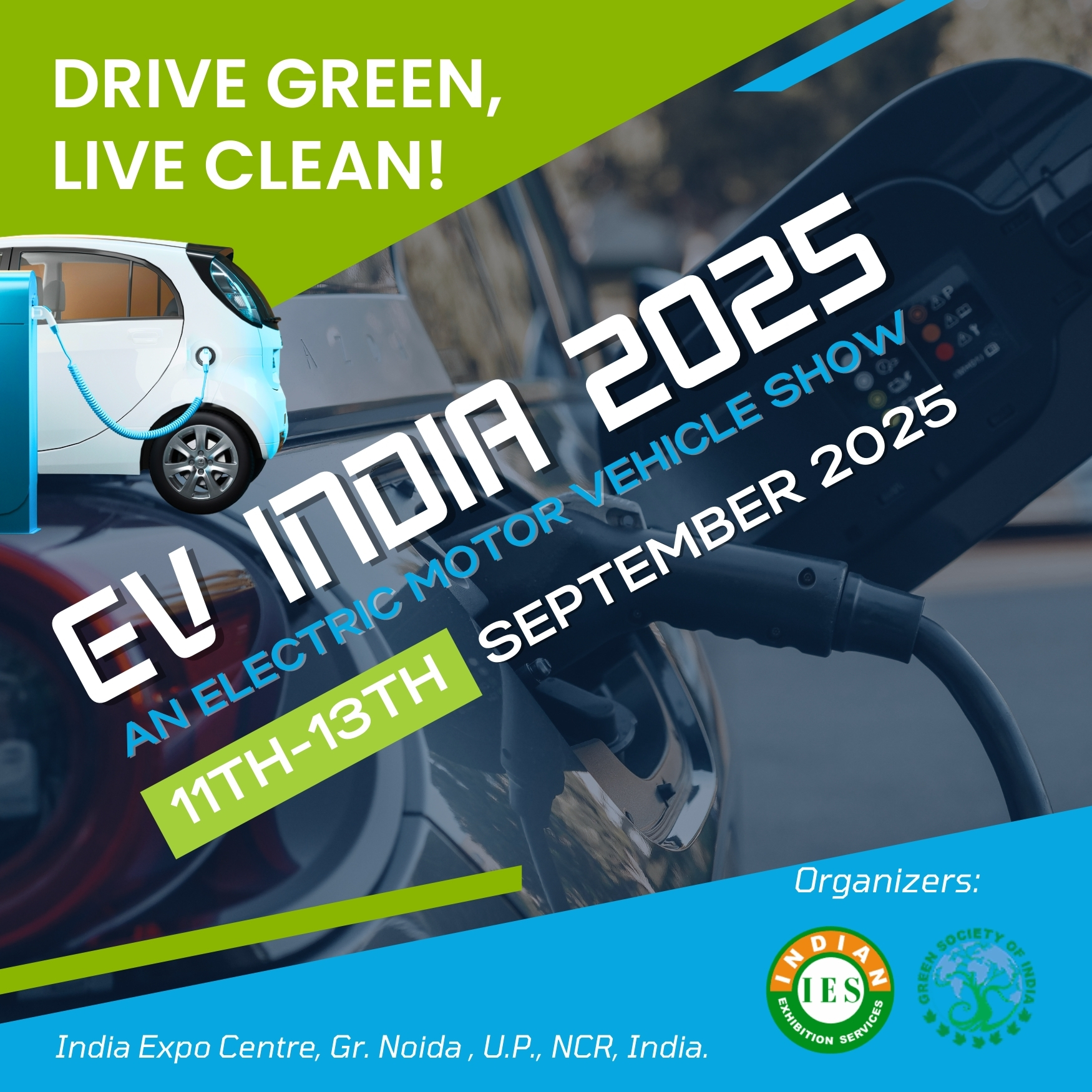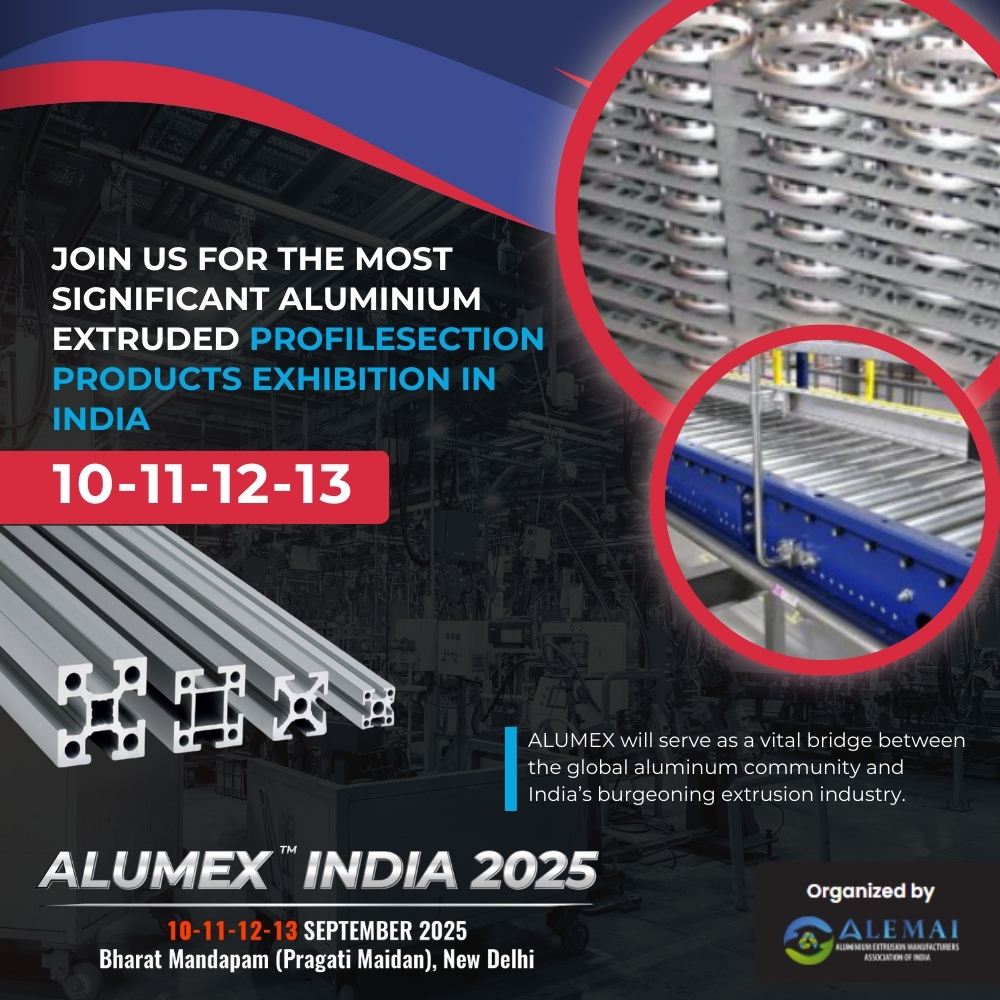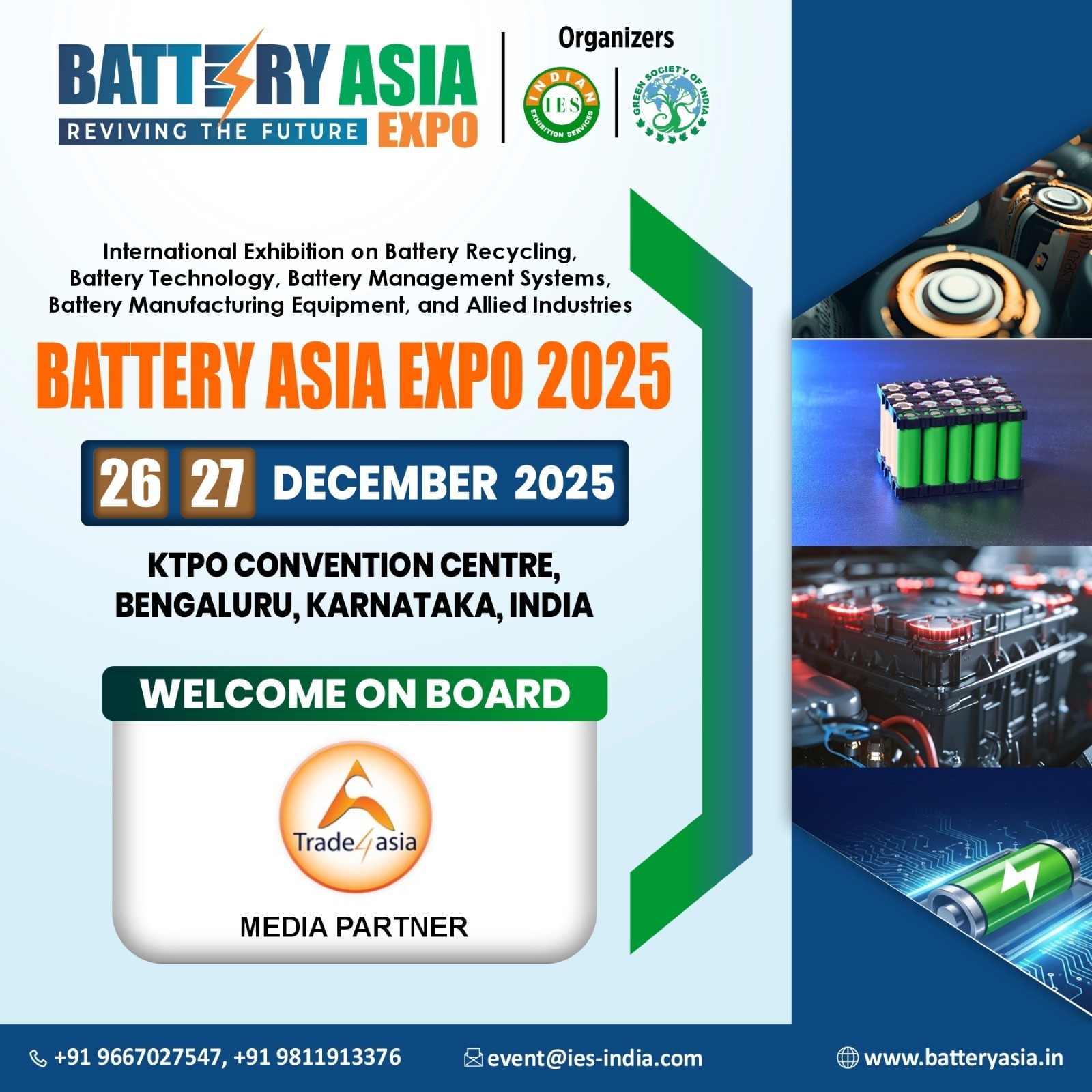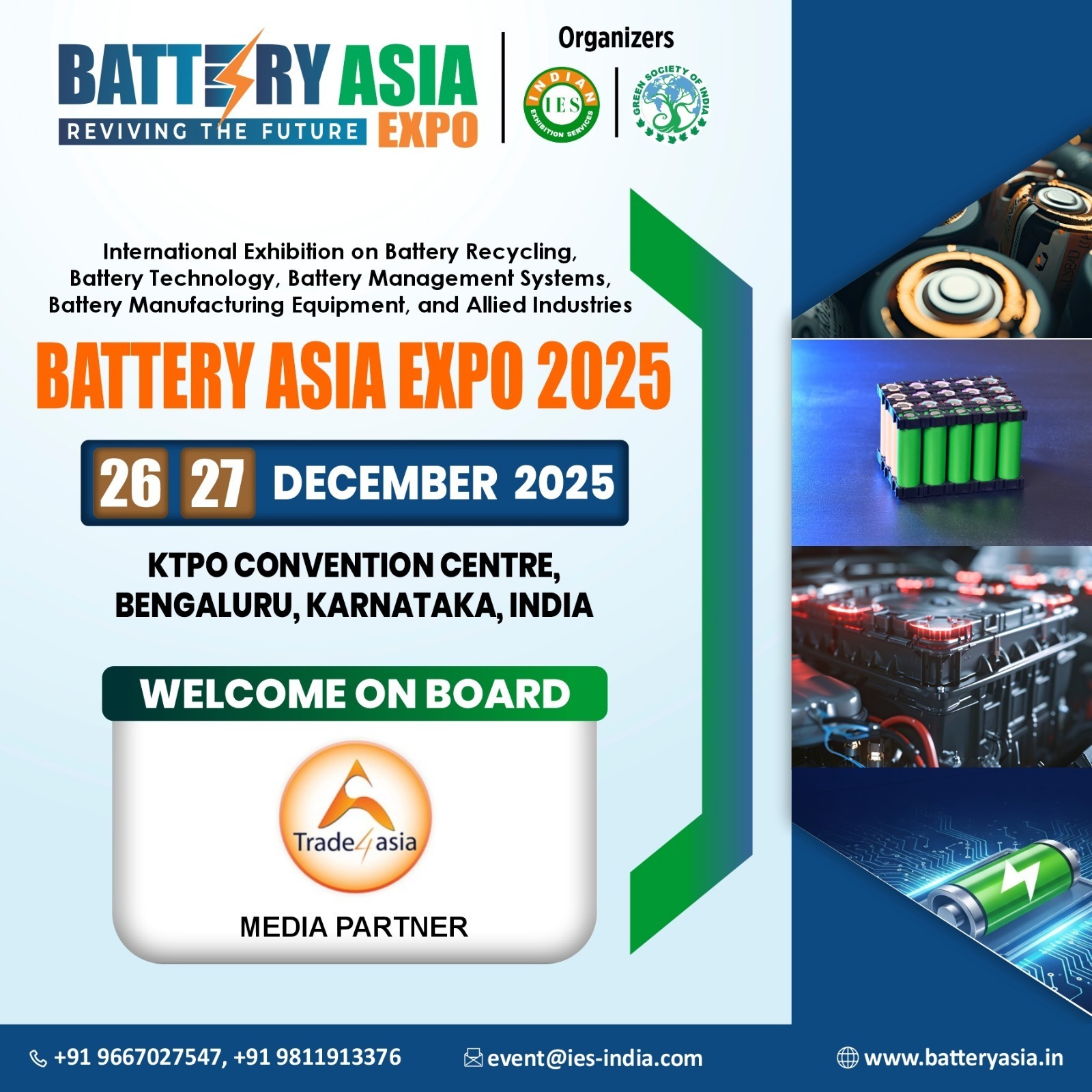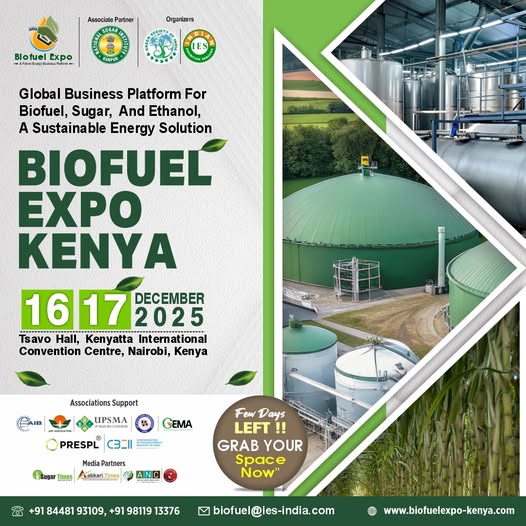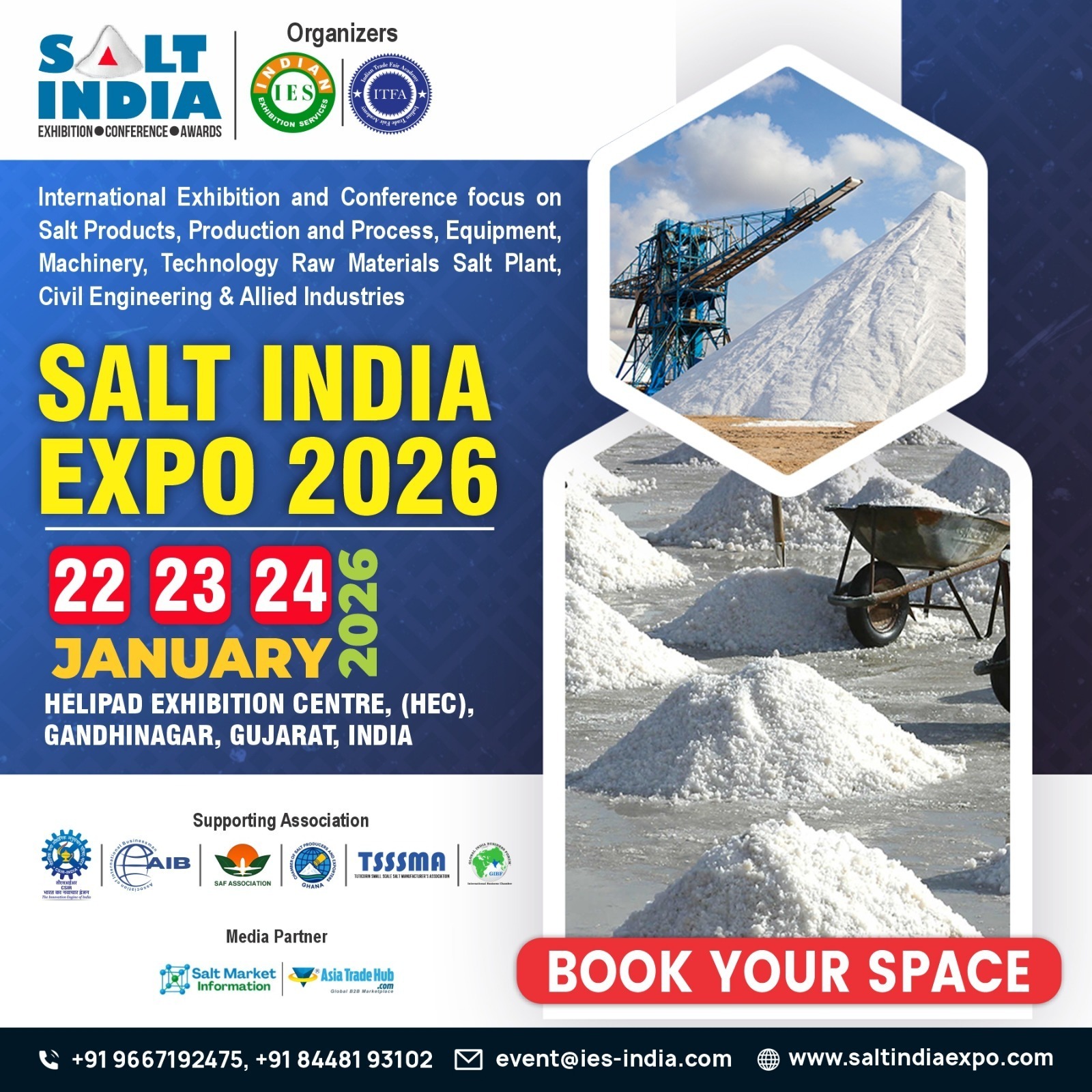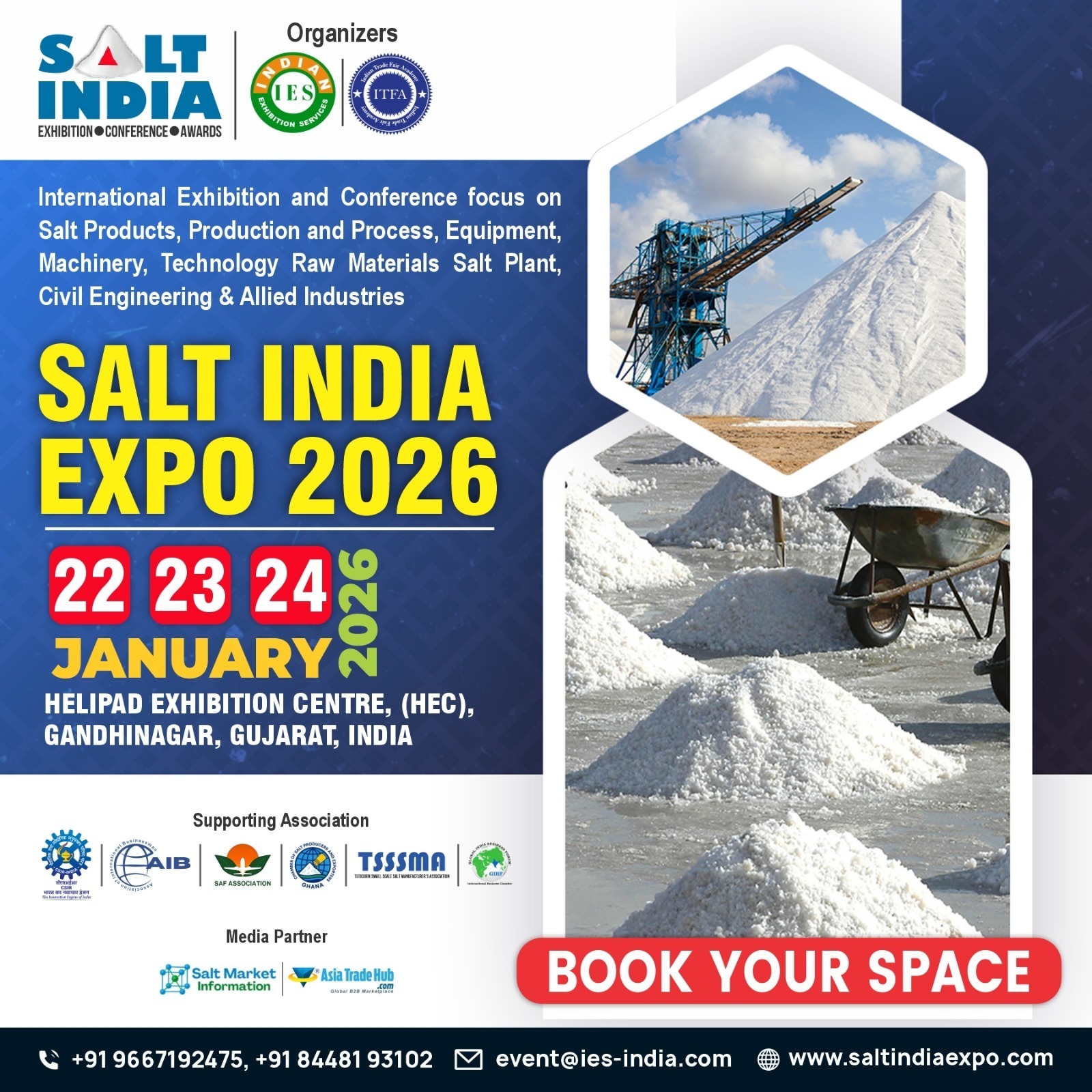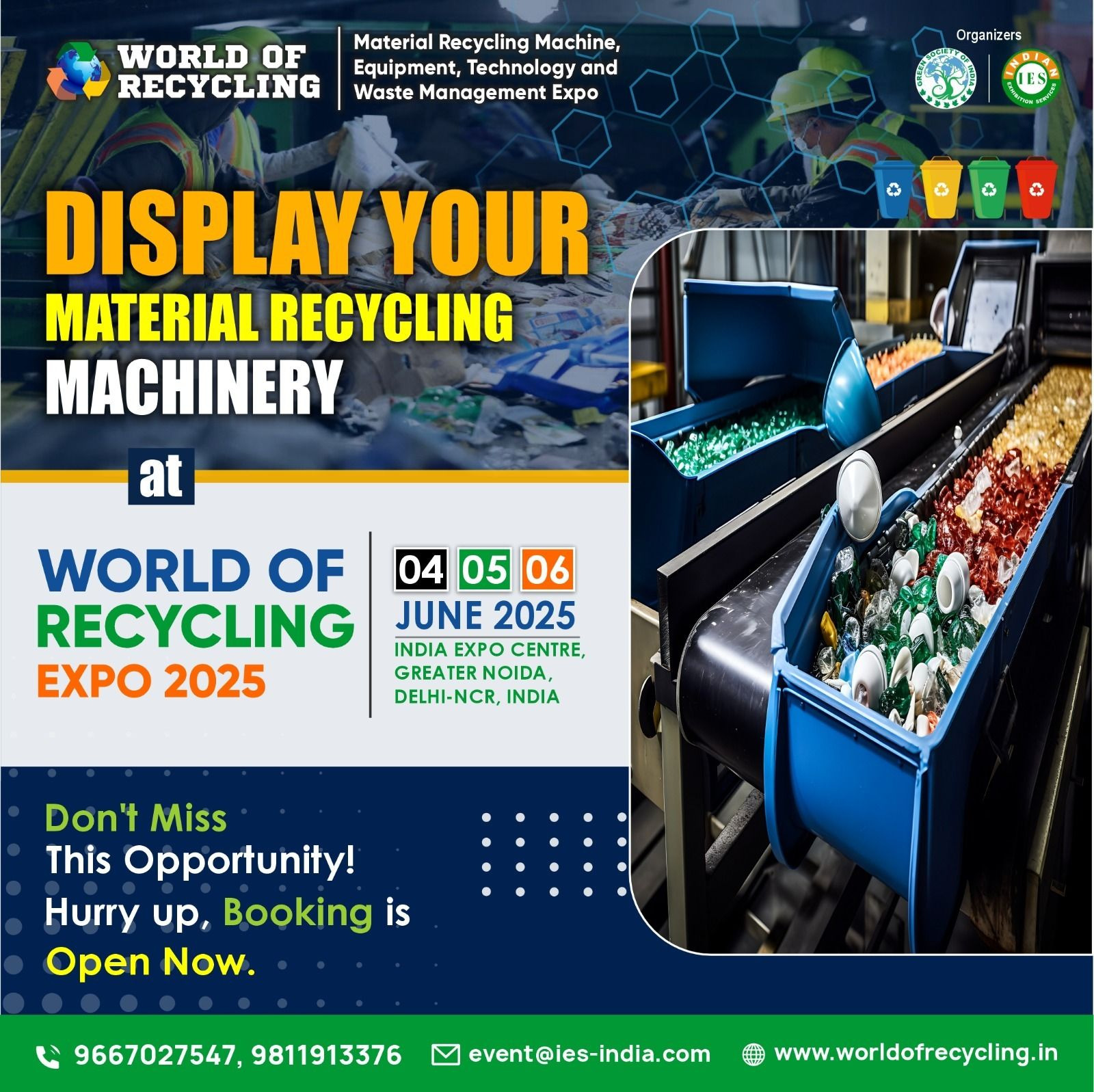
Recycling for Agriculture, Plastic, E-Waste at WOR 2025: Shaping the Way to a Sustainable Future
With the world confronting mounting environmental issues, the demand for sustainable waste management solutions has never been more urgent. Recycling has emerged as a vital component of waste management, providing both a viable solution to pollution reduction and a major strategy for resource preservation. Among the most notable events that tackle this urgent concern is the WOR 2025, a global forum meant to gather professionals, innovators, and industry players to highlight the newest developments in the recycling and waste management industries. The event, scheduled to occur in 2025, will concentrate on various industries such as agriculture, plastic, and electronic waste (e-waste), and how recycling is crucial in these industries and how it contributes to a cleaner, greener future.
The Importance of Recycling in Agriculture
Agriculture is the pillar of most economies, yet it is also an industry that creates a lot of waste, which, if not well managed, can cause environmental degradation. The agricultural sector generates huge amounts of waste, including crop residues, plastic films, containers, and other materials that can be very problematic to the environment if not recycled well. A need for sustainable agriculture waste management is pressing, given the rising number of people across the world and the demand for food.
Agricultural recycling is concerned with converting waste into useful resources that can be used to enhance agricultural productivity and minimize environmental degradation. Reuse of organic waste, including crop residues and animal manure, to produce compost or biogas is one of the most important recycling processes in agriculture. This not only minimizes landfill waste but also offers a green alternative to chemical fertilizers, which are detrimental to soil health.
Alongside organic waste, agricultural plastic recycling is also increasing. Plastic mulch, a crop protector, is usually left behind after harvesting and adds to the world plastic waste. Its recycling can prevent much pollution and provide opportunities for recycling it as valuable products such as new mulch or building materials.
The WOR 2025 conference will bring to the forefront the newest recycling technologies in agriculture, presenting solutions that can be used by farmers to better deal with waste. From composting technology to innovative plastic recycling technologies, the conference will offer a platform for experts to exchange knowledge and encourage sustainable agricultural practices. As agriculture continues to expand, the contribution of recycling in enhancing sustainability will become more critical, and WOR 2025 will be at the forefront of such an initiative.
Recycling Plastic: A Growing Challenge
Plastic waste is perhaps the most critical environmental problem in the world today. With millions of tons of plastic waste generated annually, most of it finds its way into landfills or the ocean, leading to irreversible damage to ecosystems and wildlife. The demand for effective plastic recycling technologies has never been greater, and industries worldwide are working on developing new technologies to meet this challenge.
Plastic recycling is the process of collecting, sorting, washing, and transforming plastic waste into new products. Recycling plastic is not an easy process. Various plastics need different processes, and plastic waste contamination makes recycling challenging. The invention of new plastic recycling technologies, including chemical recycling and pyrolysis, is assisting in overcoming some of these challenges.
Plastic recycling will be one of the central themes at WOR 2025, with industry leaders highlighting the most recent developments in plastic waste management. The exhibition will offer a platform for companies to introduce their advanced recycling equipment and machinery, which will be aimed at increasing the efficiency and economic feasibility of plastic recycling. From plastic processing machines that can handle a range of plastic types to recycling systems that enhance the cleanliness of recycled plastics, WOR 2025 will discuss the numerous ways in which plastic recycling can be maximized.
In addition to new technology, WOR 2025 will also underscore the need for industry-government-consumer cooperation to address the plastic waste problem. Recycling is not something to be done by a single sector; it needs to happen across the entire value chain. The forum will encourage discussions around policy, regulation, and the impact of consumer behavior on plastic recycling yields.
E-Waste Recycling: Mitigating the Emerging Threat
Electronic waste, or e-waste, is among the fastest-growing waste streams globally. Owing to the fast rate of technological development, millions of electronic products, ranging from smartphones to computers, televisions, and refrigerators, are being thrown away every year. Not only is e-waste a big environmental issue but also an increasing health hazard because it contains harmful substances such as lead, mercury, and cadmium that, if not disposed of in a proper manner, can contaminate the environment and pose danger to human health.
E-waste recycling is the process of collecting, disassembling, and processing old and obsolete electronic devices to reclaim valuable materials like metals, plastics, and glass and to recycle the toxic materials. E-waste recycling is also a sophisticated process that needs specialized machinery and professionals to deal with the specificity of electronic waste.
At WOR 2025, recycling of e-waste will be one of the major areas of discussion. The conference will feature the most recent e-waste recycling technologies, including automated dismantling of electronic equipment, shredding, and separation of precious materials. New e-waste processing innovations, like the creation of eco-friendly techniques for the extraction of precious metals and minimizing the environmental footprint of recycling, will also be featured.
The imperative of proper e-waste recycling is becoming more and more pressing with the global consumption of electronic equipment growing continuously. WOR 2025 will serve as a platform for top industry executives to share challenges and opportunities of e-waste recycling, exchange best practices, and discuss new approaches to managing increasing amounts of end-of-life electronics.
The Role of WOR 2025 in Bridging Recycling and Waste Management
WOR 2025 will be a pivotal platform for all the stakeholders in the recycling and waste management sectors. WOR 2025 will provide a platform for recycling machine makers, waste solution suppliers, and all sectoral experts such as agriculture, plastics, e-waste, and others to meet under one roof. It will be a chance for the professionals to share expertise, find new business prospects, and team up to develop innovative solutions to solve the increasing waste problem.
One of the most important aspects of WOR 2025 will be its emphasis on the newest breakthroughs in waste management technology. From the design of cutting-edge recycling equipment to the application of intelligent technologies to optimize waste sorting and collection, the conference will highlight the future of waste management and recycling. Attendees will be able to discover new products and services, participate in conferences and workshops, and hear from industry experts.
WOR 2025 will also accentuate the significance of sustainable practices in waste management. As the world transitions towards a circular economy, recycling will take on a crucial role in decreasing the demand for virgin materials, conserving resources, and mitigating the environmental impact of waste. The conference will also discuss the newest trends in circular economy models, which strive to keep products and materials in use for as long as possible, minimize waste, and generate value.
Conclusion: A Cleaner, More Sustainable Future
The WOR 2025 event will be a turn-around point for the waste and recycling business. With the concentration on high-value sectors like plastic, agriculture, and e-waste, the event will raise awareness regarding recycling in terms of shaping the sustainable future of tomorrow. By integrating innovative technology, green initiatives, and coordination among stakeholders, the recycling business has the ability to curb pollution, save natural resources, and lessen the harm done to the environment by waste.
With industries expanding and urbanization speeding up, the demand for proper waste management and recycling will only rise. WOR 2025 will be instrumental in determining the future of waste management by offering a stage for industry experts to converge, exchange ideas, and strive for a cleaner, greener future.
By participating WOR 2025, companies, governments, and waste solution providers can be part of the global movement to address the waste crisis and ensure sustainability. Together with the right technologies and concerted efforts, we can achieve a future where recycling is at the center of waste management, serving industries, communities, and the environment for generations to come.

